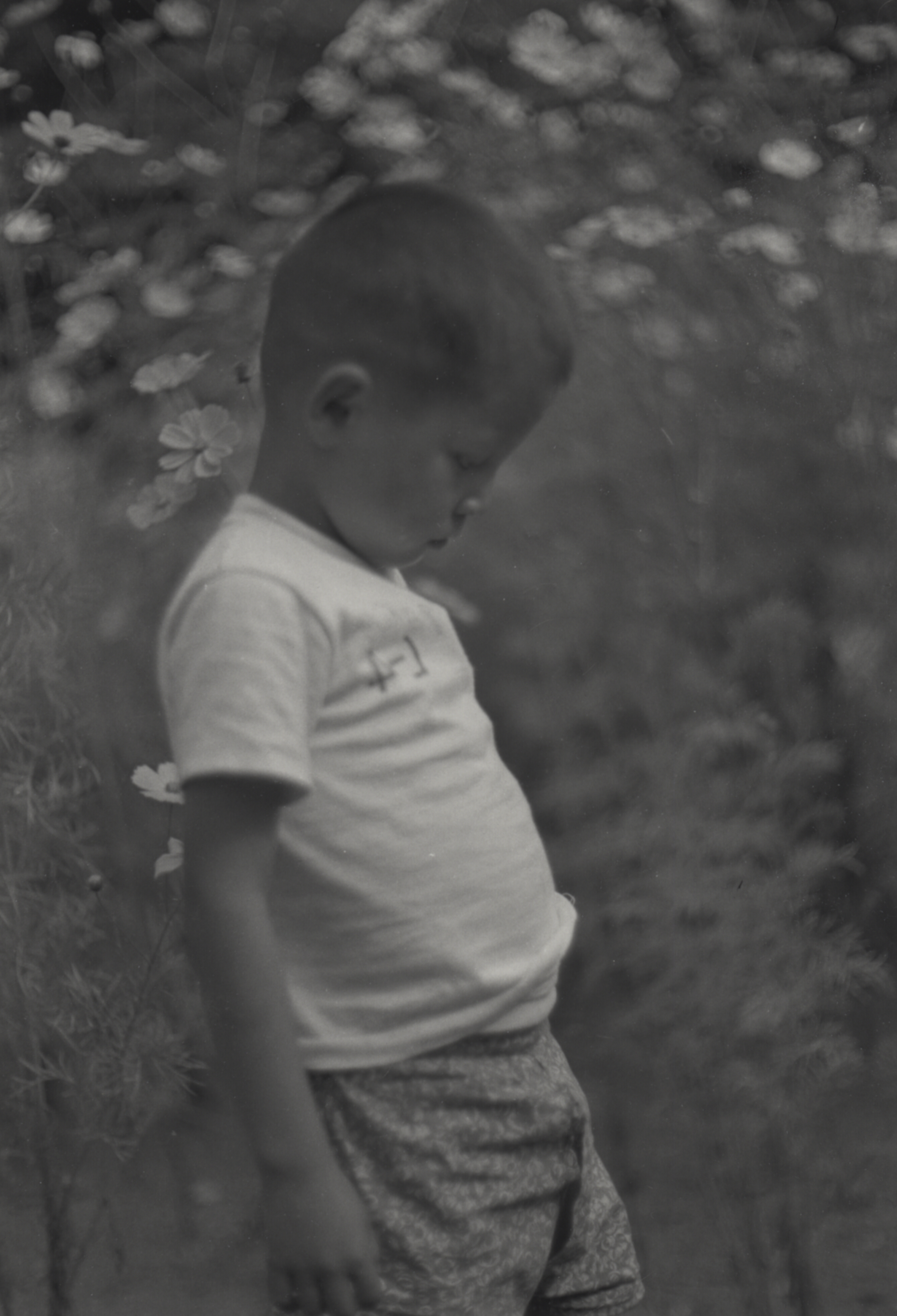
The First Amerasians: Mixed Race Koreans from Camptowns to America
In the years surrounding the Korean War, thousands of mixed race children were born to American military personnel and local women in the camptowns neighboring US bases. The First Amerasians tells the powerful, oftentimes heartbreaking story of how Americans created and used the concept of the Amerasian to remove these children from their mothers to adoptive US homes during the 1950s and 1960s. In recovering this history, Yuri W. Doolan reveals how the Amerasian is not simply a mixed race person fathered and abandoned by a US serviceman in Asia, nor a racial term used to describe individuals with one American and one Asian parent like its popular definition suggests. Rather, the Amerasian is a Cold War construct whose “rescue” has been utilized to repudiate accusations of US imperialism and achieve sentimental victories in the aftermath of wars not quite won by the military. From such constructions, Americans established various refugee, adoption, and immigration laws that would lead to the placement of Korean children in the United States and, later, mixed race Vietnamese and their relatives.

Praise for The First Amerasians
“As a biracial Korean American scholar, I thought I was familiar with my own history until I read Yuri Doolan's book. Written in clear, accessible language, The First Amerasians is a meticulously researched analysis of the geopolitical construction of the 'Amerasian' and an incisive critique of US humanitarianism after the Korean War. At turns subtle and scathing, this book exposes the violence beneath the rescue narratives and performs a kind of reparation for the families separated by that violence. It is a loving tribute to a people as much as it is an exceptional work of scholarship.”
— Grace M. Cho, Author of Tastes Like War
“The First Amerasians offers a bold counternarrative to existing discourses about the origins and impact of Korean transnational adoption. Yuri Doolan not only provides an eye-opening account of how mixed-race Korean children were separated from their first mothers, but also how their adoptions by foreign families left a fraught legacy that adopted individuals continue to grapple with today.”
— Deann Borshay Liem, Documentary filmmaker
“In a powerfully written narrative, Doolan exposes how adoption laws, lacking safeguards, placed children in often abusive or racially hostile environments, challenging the sanitized rescue myth. Doolan traces the term ‘Amerasian’ to its popularization by Pearl S. Buck and its strategic use in Cold War propaganda, a perspective absent from prior scholarship. Additionally, Doolan highlights the coercion of Korean mothers and the lasting trauma for adoptees, offering a reparative history that centers their voices. This work stands out for its intersectional analysis of race, gender, and empire, revealing the human cost of geopolitical agendas and reshaping understandings of transnational adoption’s complex legacy.”
— The Immigration and Ethnic History Society
“Doolan has done a service by writing The First Amerasians…a detailed and sometimes upsetting book…[He] persuasively argues that while mixed-race children often experienced emotional and physical abuse in South Korea, the direness of their situation was often overblown to vindicate the manipulation of loving families and even outright kidnapping. Moreover, agencies responsible for placing the children too often neglected their due diligence and placed them with negligent and even abusive families, although Doolan adds that many American families proved nurturing caregivers. Recommended. General readers through faculty; professionals."
— CHOICE
“Doolan has been able to account for and uncover the history of South Korea’s mixed race minority as it developed before, during, and after the Korean War in a way that has not been done before… In doing so, the book contributes not only to the field of Korean adoption studies but also to the study of mixed race minorities in colonial and postcolonial settings as well as to the historiography of South Korea.”
— Asian Studies Review
“Through a careful synthesis of personal testimony and archival records, [Doolan] reveals how these individuals were subjected to both assimilationist pressures and physical and sexual violence… Crucially, Doolan argues that this violence in the United States cannot be separated from what he terms ‘anti-Asian violence.’ In tracing these continuities, Doolan powerfully exposes how racial liberalism not only served the Cold War interests of the U.S., but also functioned as a legitimating discourse for systemic violence in both countries.”
— Journal of Social History
